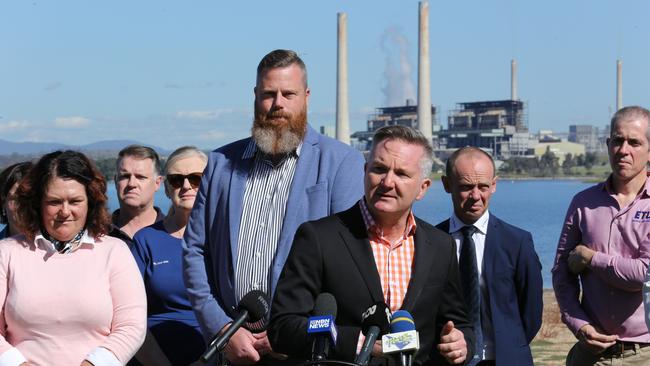
Text messages began to be exchanged by industry players within minutes of Broad’s frank exchange with Ben Fordham on 2UE last Thursday. Broad had said what many were thinking, but no one had been prepared to say: Bowen’s target of 82 per cent renewable electricity by 2030 is patently absurd.
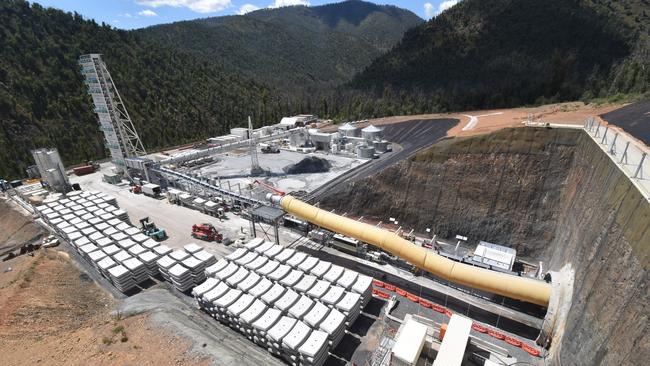
The announcement by Snowy Hydro last week that Snowy 2.0 won’t be online until the end of 2029 added weight to Broad’s claim that the engineering challenges alone rule out any possibility of meeting the target in just eight years. As if boring 27km of tunnels, with perfect precision through geo-technologically uncharted subterranean territory, wasn’t hard enough. Now the task is compounded by the need to construct hundreds of kilometres of high-voltage power lines across fields, valleys, woodlands and hilltops in the face of growing community resistance.
Assuming this water-pumping mega-project is completed, the couple of gigawatts it will deliver is tiny in the scale of things. Clean Energy Council chief executive Kane Thornton told AAP last week: “We’re deploying about five or six gigawatts of renewable energy a year and that needs to be close to 10 or 12.”
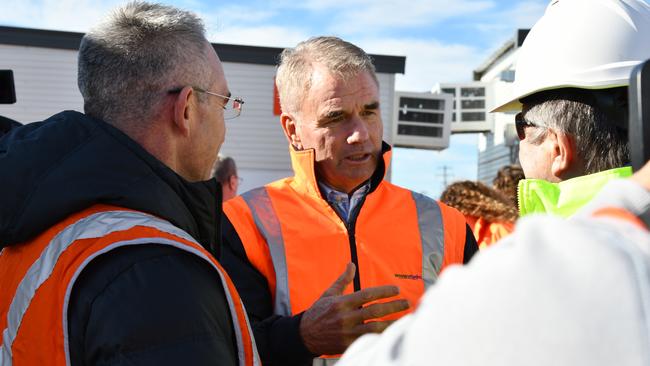
That won’t be happening. Even if Bowen was able to overcome the obstacles listed above, there is still the little matter of investment capital, something to which this government has paid precious little attention. Bowen assumes the well of investment capital is bottomless and the cost of drawing it is zero.
Renewable energy investors, unlike the more greedy type of capitalist, don’t care about return on investment apparently. How else could Bowen arrive at the conclusion that wind and solar are the cheapest sources of energy?
The realisation that Australia is in competition for global capital with energy-producing countries around the world is about to land with a thud on the Energy Minister’s desk – if it hasn’t already.
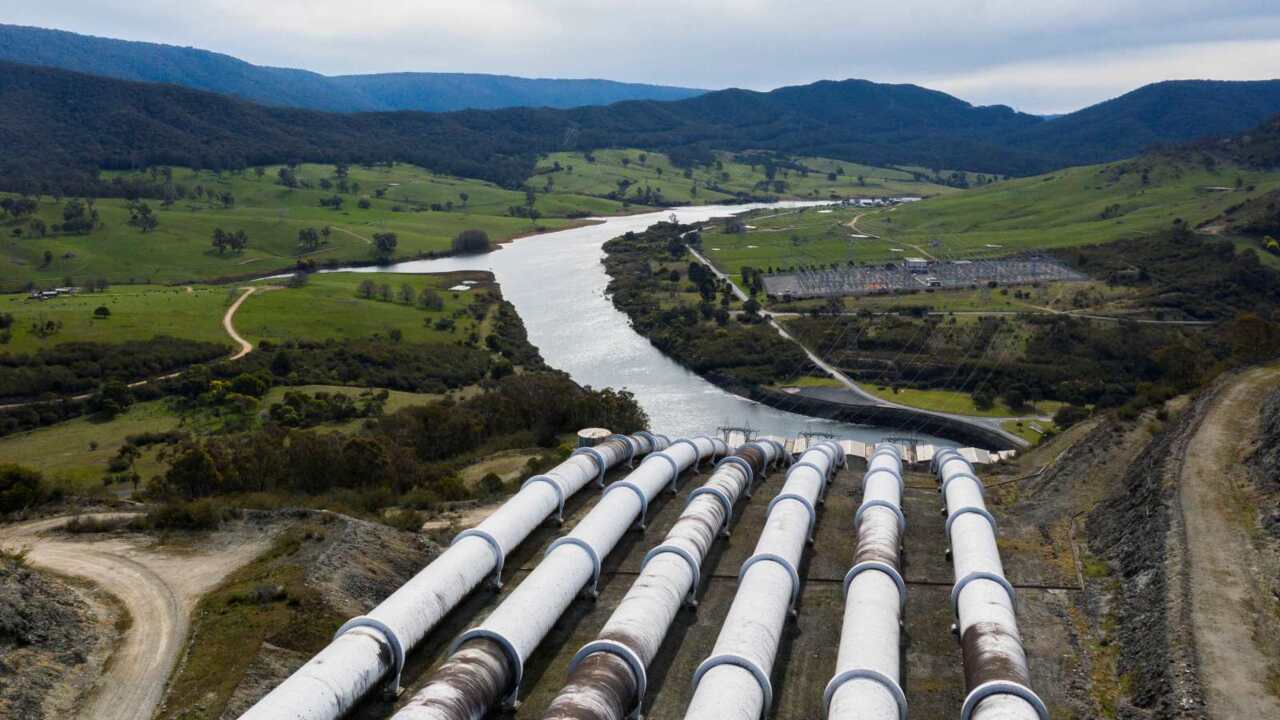
President Joe Biden’s Green New Deal – amateurishly disguised as the Inflation Reduction Act – is about to become a super magnet for renewal energy investment. It promises subsidies for the next 10 years to renewable energy companies equivalent to more than $50bn a year at the current exchange rate.
If Bowen wants to achieve his target, he’ll need a dirty big capital magnet of his own. There will doubtless be a few titbits in the budget, but Anthony Albanese’s recent reluctant conversion to a weak form of fiscal conservatism makes the prospect of subsidies on the US scale unlikely.
Which leaves us to ponder why others in the energy sector have held themselves back from declaring, as Broad has done, that the emperor has no clothes.
Surely, they can see as clearly as Broad can that Bowen has fallen victim to swindlers who set up looms and pretended to weave, while slipping the fine silk they demanded into their travelling bags. Perhaps, like the emperor’s courtiers, they were trapped in what social psychologists call pluralistic ignorance. They were prepared to put their intellectual doubts aside in the mistaken belief everyone else thinks differently. They refrained from speaking their minds for fear of professional or social ostracism, or the embarrassment of being called stupid.
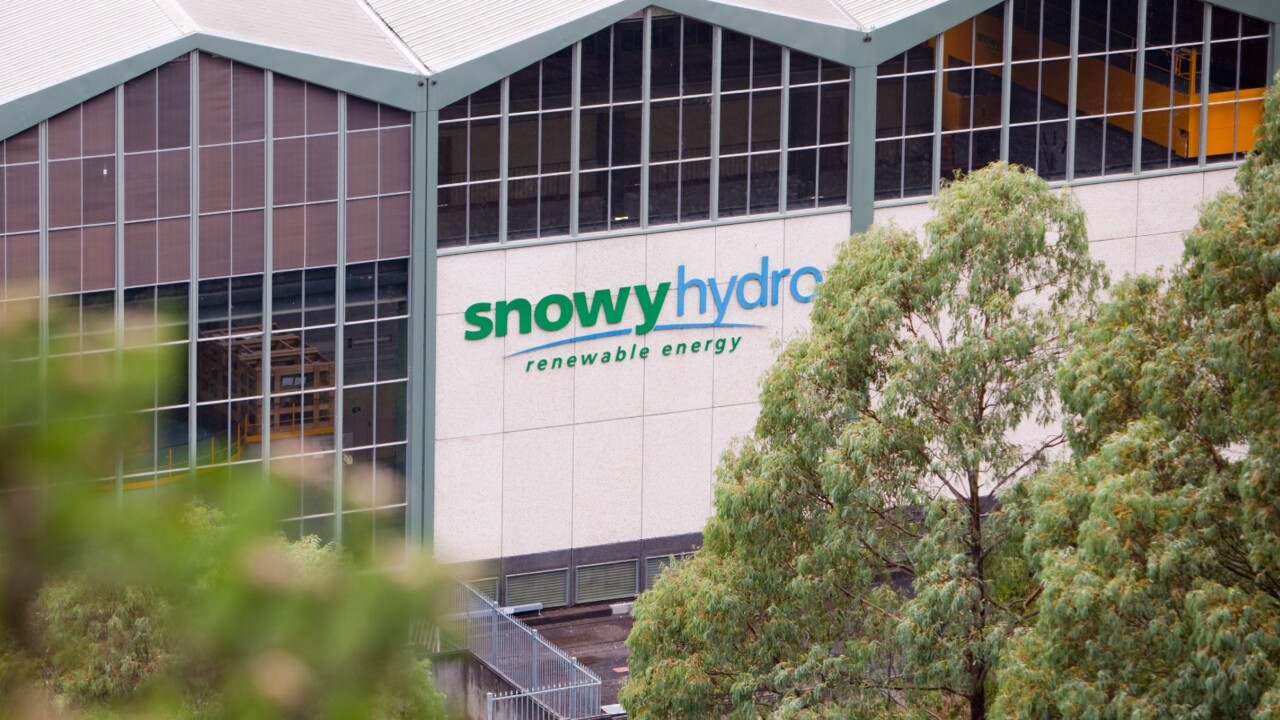
The conspiracy of silence might have been reinforced by the naked self-interest of those who have found ways to make money from a market corrupted by ad hoc government intervention, using business models in which profits from the sale of electricity are mere icing on the cake.
Broad’s advice to Bowen in his radio interview was that he should front up to the failings in his renewable energy policy before the voting public catch on. “You’ve got to put it all on the line and you’ve got to be honest to everybody about it. I mean, fair dinkum, why not just tell the truth?”
Everything we have gleaned in the past year about Bowen’s character and his modus operandi suggests he will dismiss this advice. He is far more likely to act like the shivering emperor being jeered by his own people in Hans Christian Andersen’s fairytale, strutting more proudly than ever as he declares: “This procession has got to go on.”
The rudiments of the plan B the country badly needs are not hard to fathom. The life of coal plants must be extended in the short term and gas supplies expanded. In the short-to-medium term, federal and state moratoriums on nuclear energy must be removed, and the promise of small modular reactors embraced.
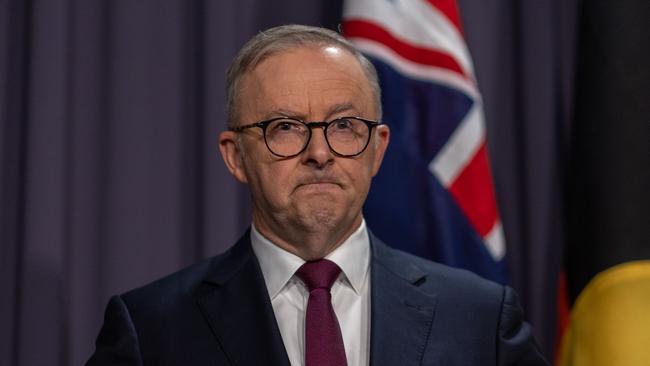
The electricity market must be reformed to move away from spot pricing and back to contracts. The engineers should be put back in charge of maintaining a stable grid rather than the accountants. Without such change it will be next to impossible to correct the distortions that prevent scarce capital flowing where it is most needed.
The government’s ignorance of the dynamics of capital flows will be on display in Tuesday’s budget when it delivers a fifth blow to the gas industry.
Increasing the petroleum resource rent tax on natural gas places another tourniquet stopping the flow of inward investment. Coming on top of price caps, the safeguard mechanism, delays to approvals and the failure to support carbon capture and storage, the PRRT will take us further towards the government’s apparent goal of making Australia the most unattractive place to invest in the known universe.
It means Australia is on track to lose its position among the world’s top three LNG exporters by the middle of the decade. The Qatar government is spending around $US50bn to expand production of two giant gas fields that boost the country’s capacity from 77 million tonnes to 126 million.
In the US there is bipartisan support for gas, which is encouraging substantial investment in export capacity. Australia’s market share will shrink just as the current inflated prices start to decline.
In the pre-globalised world, the art of taxation was pretty much as Louis XIV’s finance minster, Jean-Baptiste Colbert, described it: plucking the goose in a way that delivered “the largest possible amount of feathers with the smallest possible amount of hissing”.
Successful countries in the future will be those led by governments that realise the old rules no longer apply. That is to say, governments somewhat more worldly and street smart than ours.
Nick Cater is senior fellow at the Menzies Research Centre.



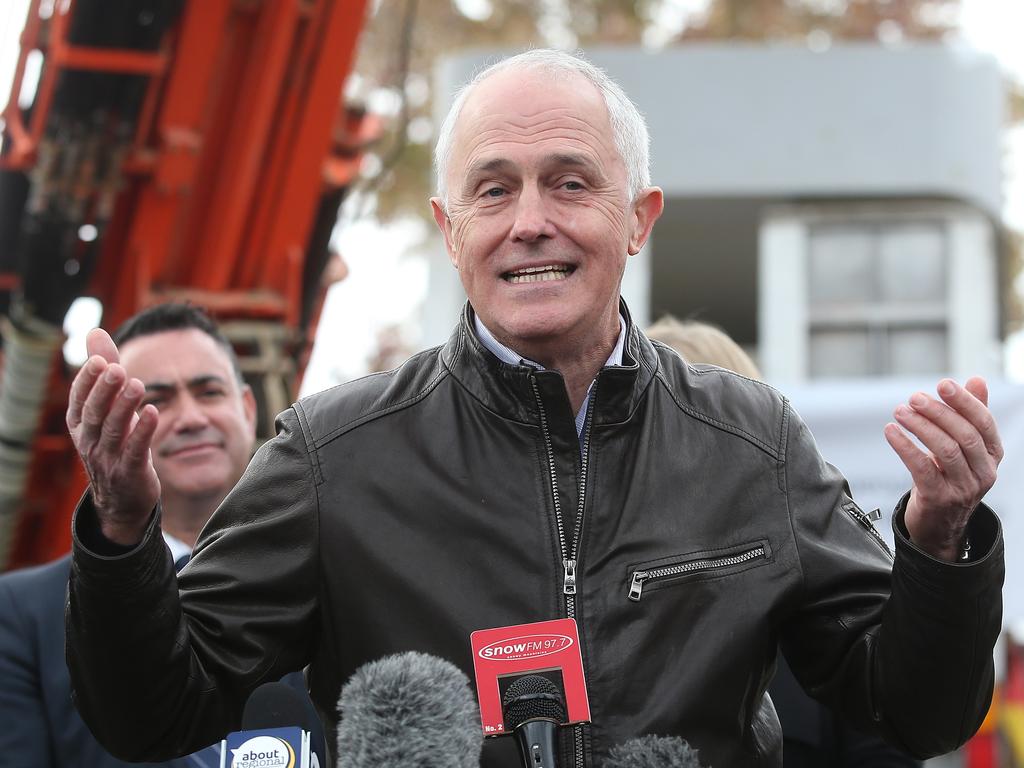



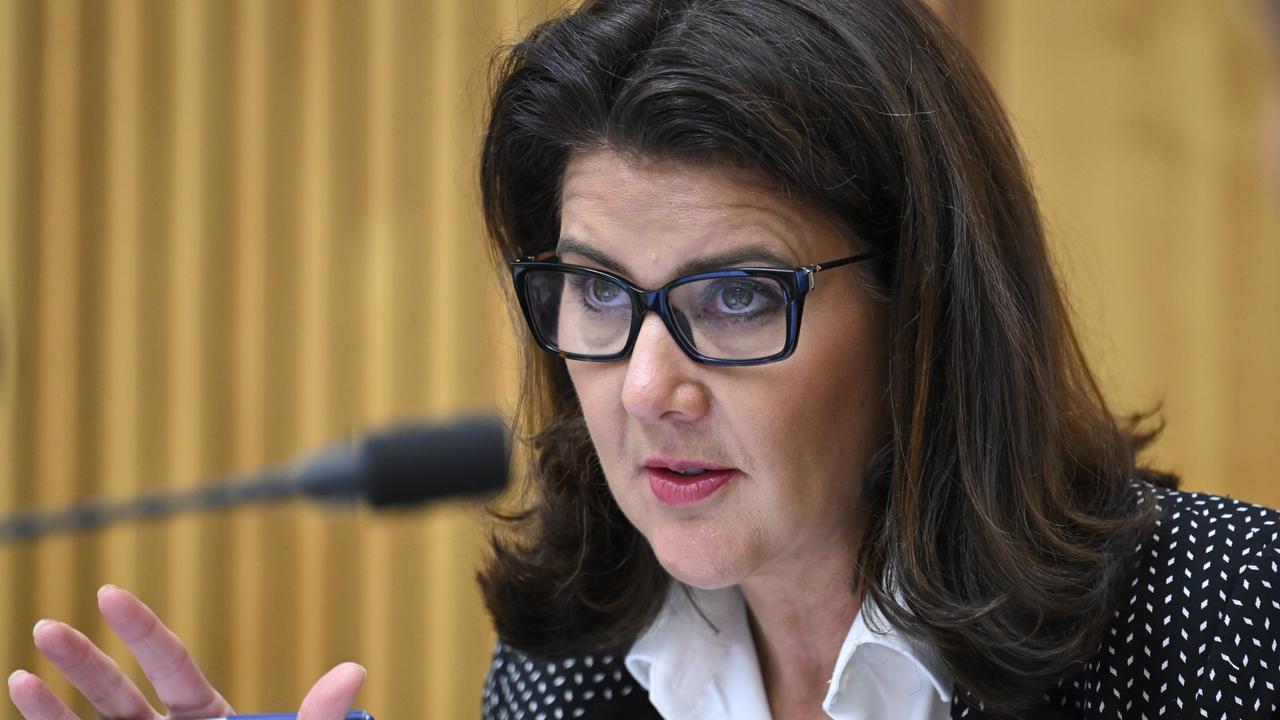
At the time of publication there has been no response from Energy Minister Chris Bowen to Paul Broad’s claim that his green energy plan “is, to use the vernacular, bullshit”. Nor has Bowen reacted to the former Snowy Hydro chief executive’s advice that he should stick to telling the truth.